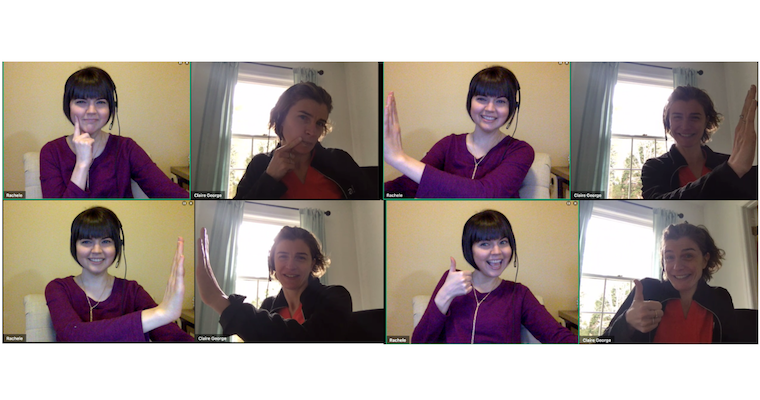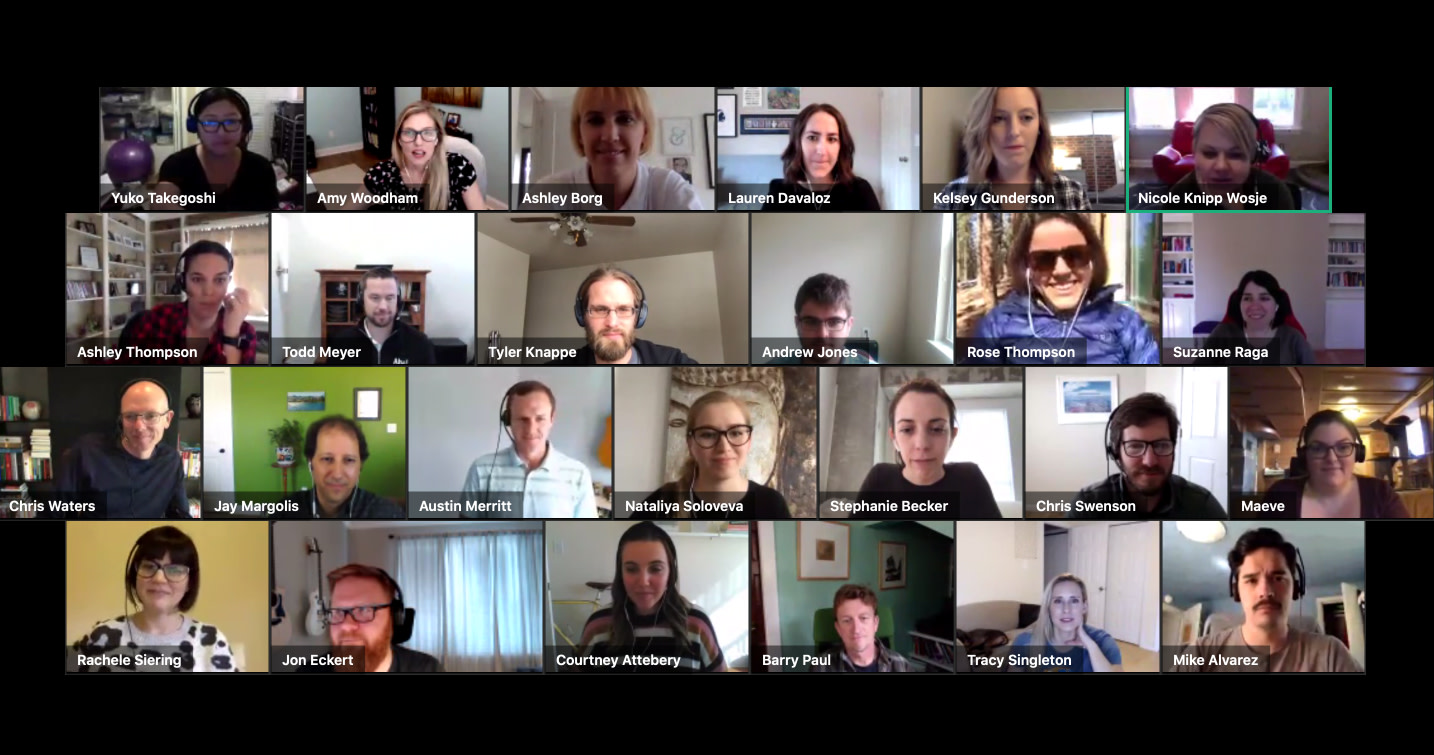
6 Ways Remote Employees Crush Office Cube-Dwellers
I have a friend named Whitney (name changed) who was once a cube-dweller. And I do not mean she lived in a modern ergonomic-style home. On the contrary, her house was beautiful and vibrant. But each day she left the comfort of her home and drove to her miserable, gray cubicle at work. Cube-land was her reality, and many of you have been there too.
Who thought working in spaces with no windows was a good idea?
Just add a few thousand portable, plastic walls, some bad fluorescent lighting, and you have an accurate picture of life for many cube-dwellers.
First invented in 1968, cubicles are a standard feature in offices everywhere. They were designed as an alternative to the wide-open office and meant to offer employees some semblance of privacy. They also give employers an easy, inexpensive way to maximize limited office space. But cubicles can be a raw deal for cube-dwellers, like my friend Whitney.
They must contend with loud talkers and other inescapable distractions, as well as co-workers who barge in unexpectedly. And you know what happens when one person gets sick. Not to mention the average person spends almost an hour each day driving to and from their cube. That translates into plenty of frustration and lost productivity.
Like many of you, I served time in a cubicle, but I discovered it did not have to be that way.
After my last company was acquired by Citrix, I had the opportunity to lead product and strategy for a significant product line while working remotely. That experience opened my eyes to the possibilities outside of a cubicle. I found that with a responsive team, we could accomplish so much more working remotely than if we were holed up in an office somewhere.
When my co-founder and I started Aha! we wanted to give employees this same freedom. The freedom to work from anywhere in the U.S. and be happy.
Remote work is not a fad; it is now a way of life for an estimated 3.2 million employees in the U.S. alone. Here is why so many employees are finding out that remote work beats out cubicle life any day:
Productivity Work in an office is commonly measured by the number of hours an employee is at their desk. When you work remotely, you do not have the ability (or any reason) to fake productivity. There is no point in looking busy when you are the only one in the room. Remote employees are measured by what they accomplish each day, not how busy they look.
Accountability There is no hand-holding for remote employees. When you work from home, your team is trusting you to meet your goals without much added help. That might sound intimidating. But the most productive employees thrive on autonomy, and remote work often inspires high performers to work even harder.
Happiness Remote work is a great option for anyone who has a family or simply wishes to get the most out of life. Many of our team members have children. Others want to travel and work from different places in the country. They are able to accomplish their work and be more available for what is most important to their lives.
Freedom Once geography is no longer an issue, new team members can be found anywhere. That means you do not have to settle for a job based on proximity, and companies do not have to settle for an employee who lives close to the office. You are free to go for that dream job �— even if the headquarters is a thousand miles away.
Harmony Do not assume that having your own cubicle is the same as having your own space. When you work remotely, you have total control over your workspace — no more gray walls inside or spending ten minutes to find a parking spot outside. Having a say over your work environment helps you achieve a sense of peace that empowers you to achieve top performance.
Unity You may be working from the kitchen table, but you are not alone in the work you are accomplishing. Remote work requires all team members to be on the same page. To do that, you must narrow your focus, eliminate distractions, and be intentional about the work you are doing. The result is that you work with a sense of a shared purpose with your team.
This is not to say that everyone immediately adjusts to working remotely. It takes a sense of adventure, patience with technology, and resourcefulness to succeed in an environment of your own making.
But being CEO of a great distributed company has proven to me that it is possible to pursue your goals and realize sustainable happiness at the same time. I see remote work as a real gift for every employee.
If you are looking to make some real lasting life changes, I encourage you to consider what work might look like outside the cubicle walls.
How has remote work changed the way you work?




